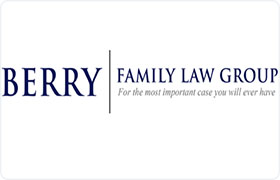Red Oak Bankruptcy & Debt Lawyer, Georgia
Sponsored Law Firm
-
 x
x

Click For More Info:
-
Berry & Associates
2751 Buford Highway NE Suite 600 Atlanta, GA 30324» view mapBankruptcy For the Most Important Case You'll Ever Have
We know how important your case is. And we know we really only have one, best chance to get it right. And we will.
800-659-5561
Francisca C. Manuwuike
Bankruptcy, Immigration, Wills & Probate, Divorce
Status: In Good Standing Licensed: 11 Years
Natalie Dawn Mays
Divorce & Family Law, Criminal, Bankruptcy & Debt, Traffic
Status: In Good Standing Licensed: 30 Years
David Scott Cartee
Litigation, Corporate, Credit & Debt, Bankruptcy & Debt
Status: In Good Standing Licensed: 28 Years
Tyronia Monique Smith
Bankruptcy & Debt, Real Estate, Business, Lawsuit & Dispute
Status: In Good Standing Licensed: 20 Years
 Matthew Berry Atlanta, GA
Matthew Berry Atlanta, GA AboutBerry & Associates
AboutBerry & Associates Practice AreasSpecializations
Practice AreasSpecializations
